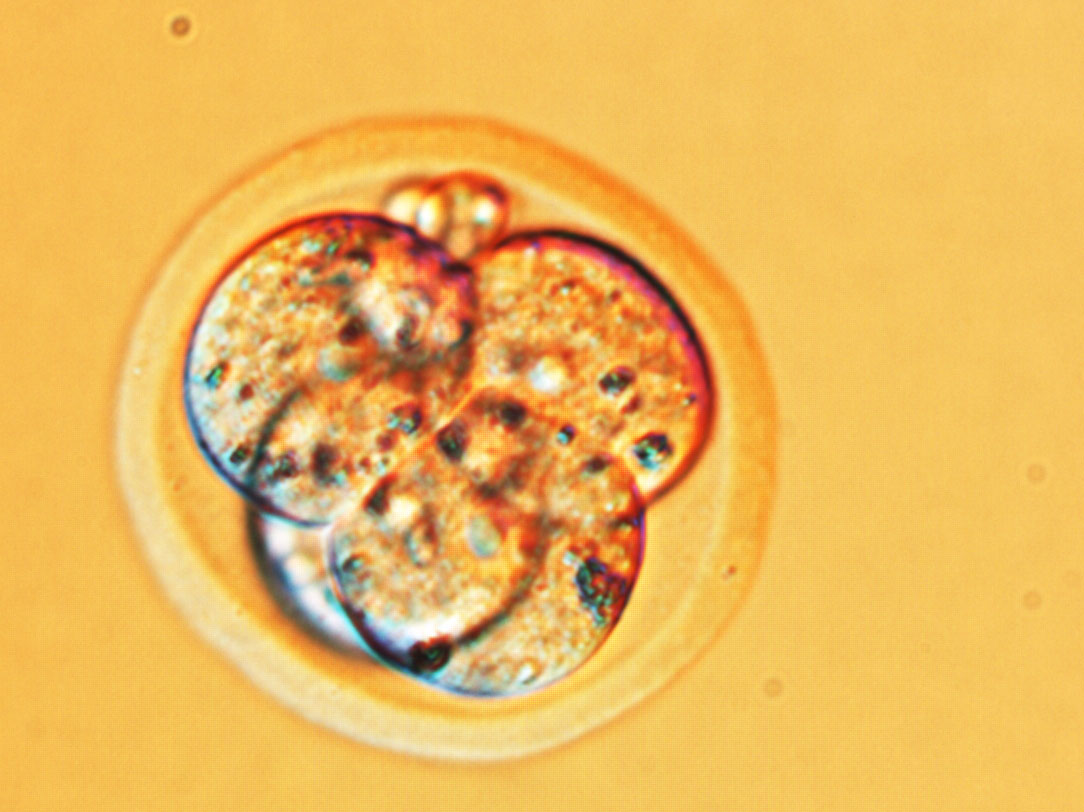A study published in the Nature journal and directed by Professor Magdalena Zernicka-Goetz shows that “the presence of abnormal cells in premature embryos does not necessarily indicate a deficiency in the unborn baby”. This research has been carried out in mice and it remains to be seen whether the same mechanisms exist in man.
Professor Magadalena Zernicka-Goetz decided to carry out this research when doctors told her that “a quarter of the cells in the embryo she was carrying presented with abnormalities”. Following IVF, abnormal cells are detected “in 80 to 90% of premature human embryos,” but to date, “little is known about the fate of these abnormal cells during embryo development”. Professor Zernicka-Goetz “eventually gave birth to a perfectly healthy baby son”.
Following her study, the Professor confirmed that “embryos have a remarkable ability to correct themselves”. The abnormal cells are “eliminated and replaced by healthy cells”. Thus, “this would mean that even if the first indications suggest that the child could have a genetic deficiency because of the large number (…) of abnormal cells in the embryo, this is not necessarily the case”.
Le quotidien du médecin (29/03/2016)

